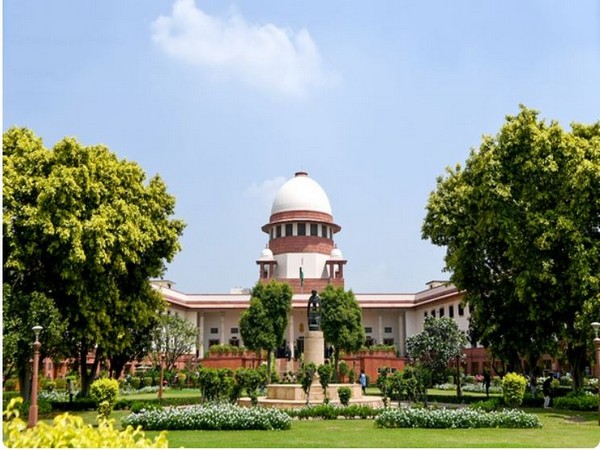Supreme Court to Tackle Predatory Lending Practices
The Supreme Court will regulate lender practices to protect borrowers from crippling debt, especially when large 'friendly loans' circumvent money lending laws. The court highlighted cases where high-interest loans, often secured by cheques or property, lead borrowers to severe financial distress, or even suicide.

- Country:
- India
The Supreme Court has agreed to examine issues related to lenders adopting predatory practices, stating that it will regulate such instances to rescue borrowers trapped in debt. A bench comprising Justices CT Ravikumar and Sanjay Karol observed cases where 'friendly advances' amounted to crores of rupees.
"We are deeply concerned by instances where laymen take such loans and are driven to the streets or even suicide due to predatory lending practices," the court emphasized. It aims to regulate these instances and rescue hapless borrowers condemned to debt. Shylock, a character from Shakespeare's 'The Merchant of Venice', epitomizes such predatory attitudes.
"Such practices persist shamelessly, often forcing borrowers to pay double or more in interest after repaying the principal," the top court stated. Lenders often avoid continuous transactions and provide intermittent large loans only for interest, thereby skirting money lending laws. For instance, the respondent in a case involving filmmaker Raj Kumar Santoshi claimed he advanced Rs. 85 lakhs as 'friendly loans'.
Taking cognizance of a cheque bounce dispute, the court labeled these actions as lending money on interest sans a license, securing such loans with cheques or property deeds akin to a money lending business. The court sua sponte included the Union of India and NCT Delhi in the proceedings, issuing a notice and scheduling the matter for August 23.
The court noted that in cases involving large sums, such as Rs. 50 lakhs or more, there may be substantial tax evasion intertwined with circumventing money lending laws. The court referred to the Punjab Registration of Money Lenders Act, 1938, explaining that lending money for interest secured by property or cheques is not classified under money lending business unless continuous transactions of this nature are conducted.
(With inputs from agencies.)










